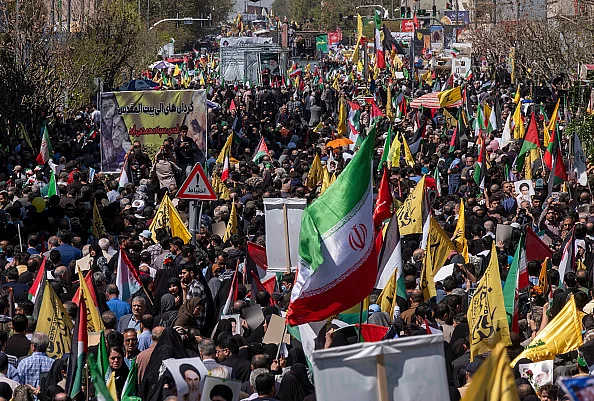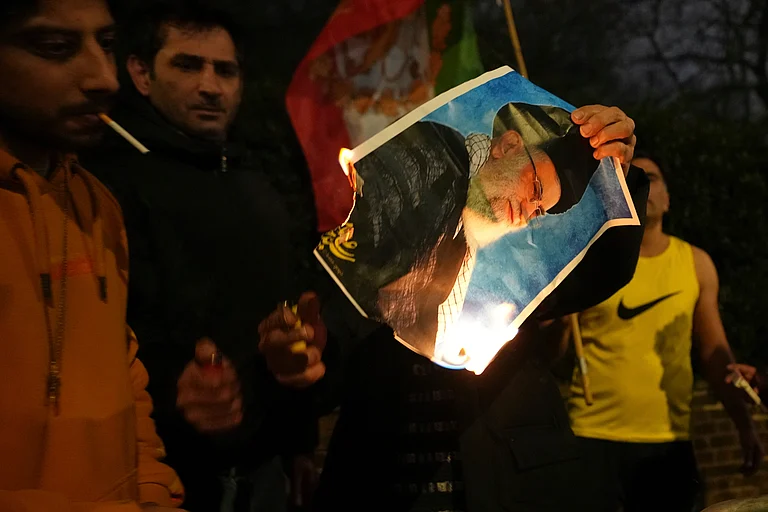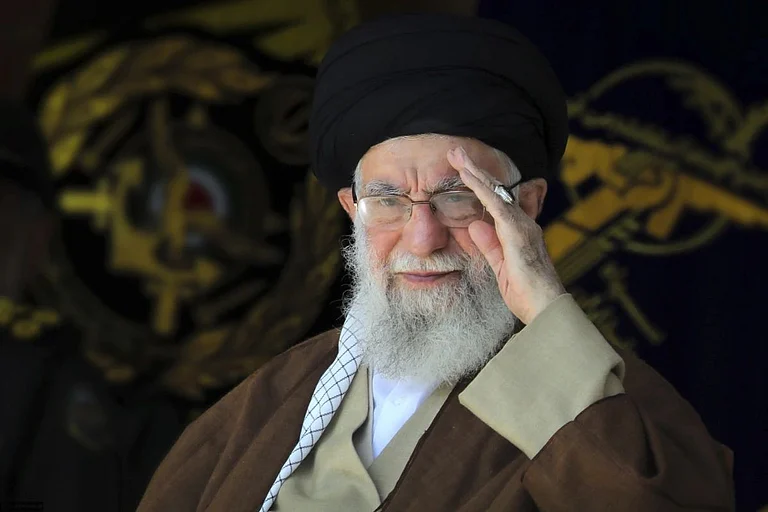Israel is on high alert following Iranian leaders' vow to retaliate after Israel bombed an Iranian consular building in Damascus on April 1. While Israel has not officially claimed responsibility for the consulate attack, it is widely believed to have been behind it.
In response to the escalating tensions, US officials are working to deter further attacks, with representatives traveling to Israel for security talks. Additionally, the US embassy has issued a new security alert, restricting personal travel for government employees and their families to Tel Aviv, Jerusalem, and Be’er Sheva.
Why is Iran looking to attack Israel?
The Israeli airstrike on Iran's embassy in Syria resulted in the deaths of seven Iranian military advisers, including senior commanders Mohammed Reza Zahedi and Mohammad Hadi Haji Rahim. While Israel has targeted Iran's military bases in Syria before, this was the first attack on the embassy compound itself.
Following the strike, Iran's Supreme National Security Council, chaired by President Ebrahim Raisi, discussed a “required” response to the strike. Supreme Leader Ayatollah Ali Khamenei stated, "We will make them regretful about the crime and similar acts."
Since the April 1 attack, there has been an increasing concern about a retaliatory strike, with experts warning that anything could happen in the coming days.
US intervention
Amid concerns about Iran's potential retaliation against Israel, the US has asked China, Turkiye, and Saudi Arabia to use their influence to persuade Iran not to launch an attack.
President Joe Biden has assured Israel of “ironclad” US support saying they were “going to do all we can to protect Israel's security.”
Gen. Michael “Erik” Kurilla, head of U.S. Central Command, also visited Israel to coordinate with them in preparation for Iran's anticipated response. Additionally, a security alert has been issued for US diplomats in Israel.
Iran’s attack on Israel could escalate into a wider conflict
Experts are worried that the conflict could escalate further, potentially involving the US, Saudi Arabia, and others. If Iran decides to attack Israel directly, it might use a sophisticated missile and drone attack like the one it carried out on a Saudi oil facility in 2019. It could also attack indirectly through the militant group Hezbollah.
With Israel’s ongoing war on Gaza, which started in response to Hamas' attack on Israel and has killed over 33,000 Palestinians and injured over 76,000 since October, a potential Iranian attack on Israel could lead to a bigger conflict in the region.
However, Iran has indicated to the US that it will respond to Israel's attack in a way that avoids a major escalation and that it will not act hastily, according to Iranian sources.




















.png?w=200&auto=format%2Ccompress&fit=max)







